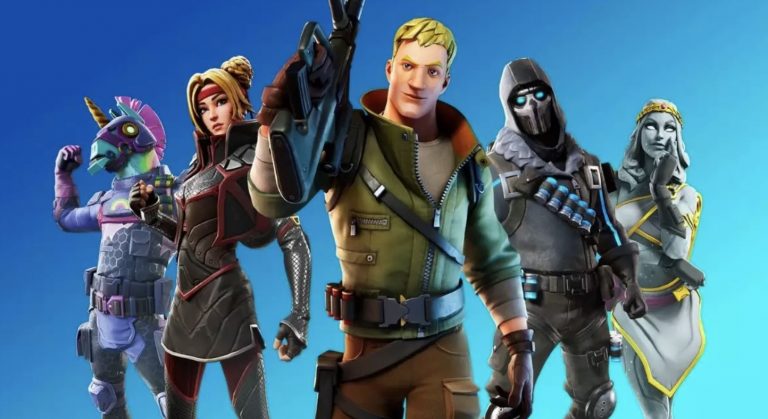As the gaming world shifts and changes, new trends come into play, phase out again, and are later reintroduced in different ways. Games like Fortnite and PUBG started a whole wave of battle royale games that are still being seen through the release of the latest shooters and competitive multiplayer titles, and the single-player scene has been inundated with games featuring Souls-like mechanics after the booming popularity of Dark Souls and Elden Ring.
‘Live service’ is another label attached to some games now that are coming up with increasing regularity, and if you aren’t too sure what they are or whether you’d like them, some research can steer you towards or away from them as you see fit.
Examples: Successful and Otherwise
One of the more prominent examples that you might be aware of is something like Destiny 2 – a game that was released back in 2017 but is still receiving post-release attention and updates to this day. However, even games that are typically thought of as being in other genres, like Fortnite or the MMO giant, World of Warcraft, can still count as live service games. They tend to be thought of as games that have an active player base, are online in a large capacity, and receive a steady stream of post-release content.
However, not all attempts to replicate the model have been successful – Bioware’s Anthem was a famous failure in this regard, and Marvel’s multiplayer Avengers game didn’t seem to fare a whole lot better in the eyes of the public.
What Aren’t They?
The implementation of the word ‘live’ might make you think of similar live gaming experiences, such as live dealers that are sometimes found through a USA mobile casino, or multiplayer titles as a broad medium. However, these are often exempt if they fall outside of the parameters previously defined. Even single-player games can get caught up in the confusion due to how many of them receive plenty of post-release content.
The waters get muddied here, though, as some single-player games, like Assassin’s Creed: Valhalla, have such an enormous output in terms of post-release content, that it’s difficult to see why it isn’t a live service game, and the fact that Ubisoft plans to make this full pivot into live service with the next instalment just makes things more complicated.
For You?
Now that you have a pretty good idea of what a live service game entails, you can start to think more clearly about whether it’s something that you would enjoy. Of course, these games can vary wildly in terms of what they’re offering, as well as the genres that they take place in, so it’s difficult to say for certain, but it’s a concept that will speak to some more than others. Just as there is a discussion about the value of games that last for hundreds of hours against games that last for ten or twenty, it’s worth asking whether a never-ending experience is something that you think enhances or diminishes a game.


0 Comments